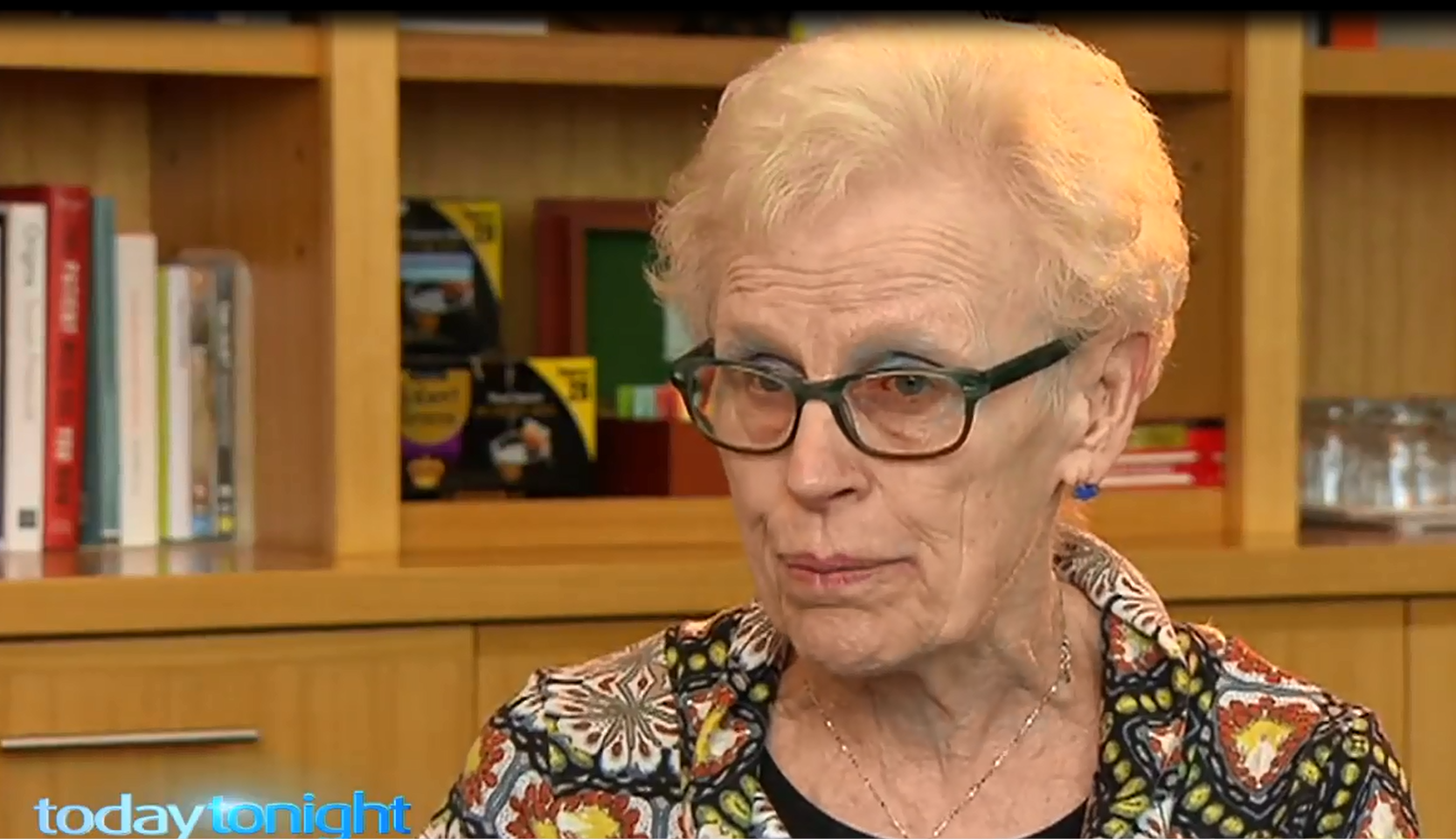Search
Using information from the Australian Rett Syndrome study, we examined the frequency of a range of sleep issues and variation by agegroup or gene abnormalities.
We wanted to assess bone mineral content and bone mass density in girls and women in our Australian study, and whether specific factors had any influence.
Using information provided by the Rett study, we looked at relationships of early development, genetic characteristics and the development of scoliosis.

Rett syndrome is one of the 8,000 rare genetic diseases that collectively affect up to 10% of the population.

Anyone who engages in physical activity, regardless of how much they do, can achieve mental, physical and social health benefits, resulting in benefits to their quality of life.

News & Events
3rd European Rett Syndrome Conference, October 17-19, Maastricht, The NetherlandsFollowing last year's World Rett Syndrome Congress held in New Orleans, the 3rd European Rett Syndrome Conference was held in the Netherlands over 3 days.

News & Events
MECP2 duplication syndrome in the newsOur own Dr Helen Leonard was recently featured on Today Tonight. MECP2 duplication syndrome, which more frequently affects boys, is one of the Rett syndrome...
The prevalence of mental disorders is the proportion of children & adolescents in the population who meet DSM-IV criteria for a diagnosis of a mental disorder.
Schools play a major role in supporting young people with emotional and behavioural problems and are often where symptoms are first identified.
Young people provided information on self-harm behaviours of deliberately hurting or injuring yourself without trying to end your life.
